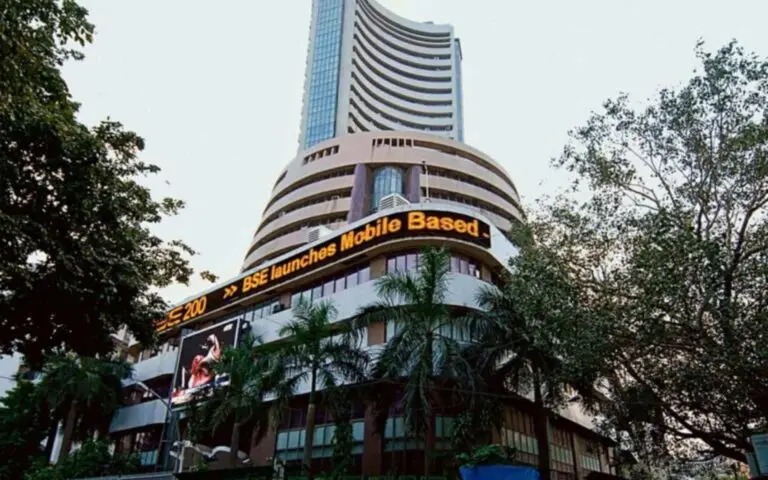
The Indian stock market has undergone a dramatic transformation in recent decades. Once the exclusive domain of institutional investors, it has now become accessible to the average middle-class individual. This shift began with the internet boom of the 21st century and accelerated with rapid urbanization. Today’s investors are more sophisticated, exploring diverse asset classes like mutual funds, stocks, and bonds. This democratization of investing has led to a surge in the number of retail participants in India’s stock markets. The important question that most of the readers ask is How many Stock Market Investors are there in India? As of August 2024, the National Stock Exchange (NSE) and Bombay Stock Exchange (BSE) have reported significant growth in retail investors.
NSE now boasts 19.21 crore accounts, a 66% increase from the previous year’s 11.54 crore. BSE shows 18.6 crore accounts, up 33% from 13.93 crore. Monthly data reveals NSE adding 19 lakh new accounts, while BSE added 44 lakh. This surge in investor numbers reflects growing confidence in equity markets and improved financial literacy among Indians.
However, SEBI reports that only about 5% of Indians invest in stocks, lagging behind the US (55%), UK (33%), and China (13%). Meanwhile, RBI data reveals that 95% of Indian households prefer fixed deposits. This stark contrast highlights significant untapped potential in India’s equity markets, despite the recent growth in stock market participation.
Reasons For The Surge
Several factors drive this growth. First, the digital revolution has made investing more accessible through user-friendly apps and online platforms. Second, low interest rates on traditional savings accounts have pushed people to seek higher returns in the stock market. Third, the COVID-19 pandemic led many to explore new income sources, including stock trading. Lastly, increased financial education initiatives have empowered more individuals to invest.
Impact Of Youth Participation
Young investors, particularly millennials and Gen Z, are driving much of this growth. They show a greater appetite for risk and a long-term investment outlook. This demographic is more likely to use investment apps and seek information online. Their participation is reshaping the market, with increased interest in sectors like technology and renewable energy.
Role Of Investment Apps
Mobile apps have revolutionised stock market access. Platforms like Zerodha, Groww, and Upstox offer user-friendly interfaces, low fees, and educational resources. These apps have made investing more appealing to tech-savvy younger generations. They also provide real-time market data and analysis tools, empowering retail investors to make informed decisions.
Relaxation Of KYC Regulations
NSE and BSE have simplified Know Your Customer (KYC) requirements, making it easier for new investors to enter the market. KYC now requires only six key attributes: name, complete address, PAN, mobile number, email ID, and income details. For custodian-settled clients, additional custodian information is needed. This streamlined process has reduced barriers to entry for potential investors.
Conclusion
The Indian stock market has seen a remarkable increase in retail investor participation and we have seen about how many stock market investors are there in India. Driven by technological advancements, changing economic conditions, and regulatory reforms, more Indians than ever are investing in stocks. As this trend continues, it’s likely to have a significant impact on India’s financial landscape and individual wealth creation.
However, it also underscores the need for ongoing financial education to ensure responsible investing practices among this growing investor base.
Next post :- Best Pharma stocks in India to add to your watchlist in 2024

